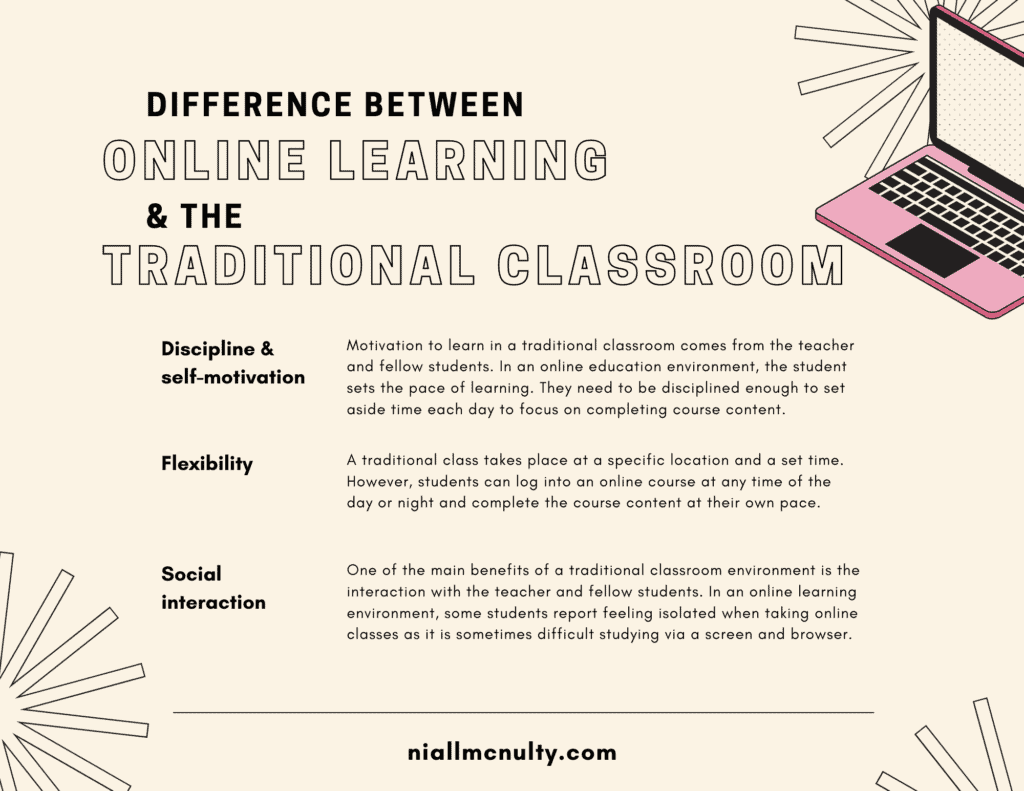In the age of technology and fast-paced lifestyles, education has evolved dramatically. However, with all the advancements, people often forget the value of traditional teaching methods. The lost tools of learning refer to the three stages of learning that were prominent in medieval education. These stages include grammar, logic, and rhetoric. While these methods may seem outdated, they can still benefit modern students in many ways.
In this article, we will explore the lost tools of learning and how they can help students develop critical thinking skills, improve their communication abilities, and enhance their overall academic performance.
Grammar: Laying a Strong Foundation
The first stage of the lost tools of learning is grammar. It involves understanding the basics of language such as vocabulary, syntax, and sentence structure. In medieval times, students would learn Latin grammar as it was considered the foundation for all other subjects.
Today, grammar is still an essential part of education. Without proper grammar knowledge, students may struggle to communicate effectively in both written and verbal forms. A strong understanding of grammar allows students to write coherently and express their thoughts clearly.
Moreover, grammar lays the foundation for critical thinking skills. When students understand sentence structure and syntax, they are better equipped to analyze literature and other types of text critically. They can comprehend complex ideas better and identify logical fallacies in arguments.
Logic: Developing Strong Reasoning Skills
The second stage of the lost tools of learning is logic. It involves developing reasoning skills to analyze information critically. In medieval times, students would learn formal logic to evaluate arguments and make informed decisions.
In today’s world, logic plays an essential role in problem-solving and decision-making. It enables individuals to identify flaws in arguments or information presented to them and make rational judgments based on evidence.
Teaching logic to children at a young age helps them develop strong reasoning skills that they can use throughout their lives. It prepares them to face challenges and make informed choices in academics, careers, and personal lives.
Rhetoric: Mastering the Art of Communication
The third stage of the lost tools of learning is rhetoric. It involves mastering the art of communication, including persuasion, debate, and public speaking. In medieval times, students would learn rhetoric to become effective communicators and leaders.
In today’s world, effective communication skills are essential for success in almost every field. From job interviews to presentations, individuals need to be able to communicate their ideas clearly and persuasively.
Teaching rhetoric can help students develop public speaking skills, which can boost their confidence and enhance their academic performance. Additionally, it allows students to express themselves more effectively in writing and verbal forms.
Benefits of Using the Lost Tools of Learning
The lost tools of learning may seem outdated, but they offer many benefits that traditional education methods lack. Here are some reasons why these methods can benefit modern students:
1. Develop Critical Thinking Skills
As mentioned earlier, the lost tools of learning lay a strong foundation for critical thinking skills. By teaching grammar and logic at an early age, children can learn how to analyze information critically and evaluate arguments logically.
2. Enhance Communication Abilities
Effective communication is vital in almost all aspects of life. By teaching rhetoric skills like public speaking and persuasive writing, students can improve their communication abilities significantly.
3. Prepare Students for College and Careers
The lost tools of learning prepare students for college and careers by teaching them how to think critically and communicate effectively. These skills are highly valued by employers who seek individuals that can solve problems and work collaboratively with others.
4. Provide a Well-Rounded Education
Traditional education methods often focus solely on technical subjects like math or science. However, the lost tools of learning provide a well-rounded education by emphasizing language arts, critical thinking, and communication skills.
Conclusion
The lost tools of learning may seem outdated, but they offer many benefits that can benefit modern students. By teaching grammar, logic, and rhetoric, students can develop critical thinking skills, enhance their communication abilities, and prepare for college and careers.
While these methods may not be suitable for every student or educational institution, they provide an alternative to traditional education methods that focus solely on technical subjects. The lost tools of learning offer a well-rounded education that emphasizes the importance of language arts, critical thinking, and communication skills.
References:
1. The Lost Tools of Learning by Dorothy Sayers – https://www.gbt.org/text/sayers.html
2. Why Grammar Matters: https://www.educationcorner.com/why-grammar-matters.html
3. The Importance of Logic in Everyday Life: https://www.thoughtco.com/importance-of-logic-in-everyday-life-373318
4. The Benefits of Public Speaking: https://www.toastmasters.org/resources/public-speaking-tips/the-benefits-of-public-speaking
5. Critical Thinking Skills in Education and Life: http://www.criticalthinking.org/pages/critical-thinking-skills-in-education-and-life/408




